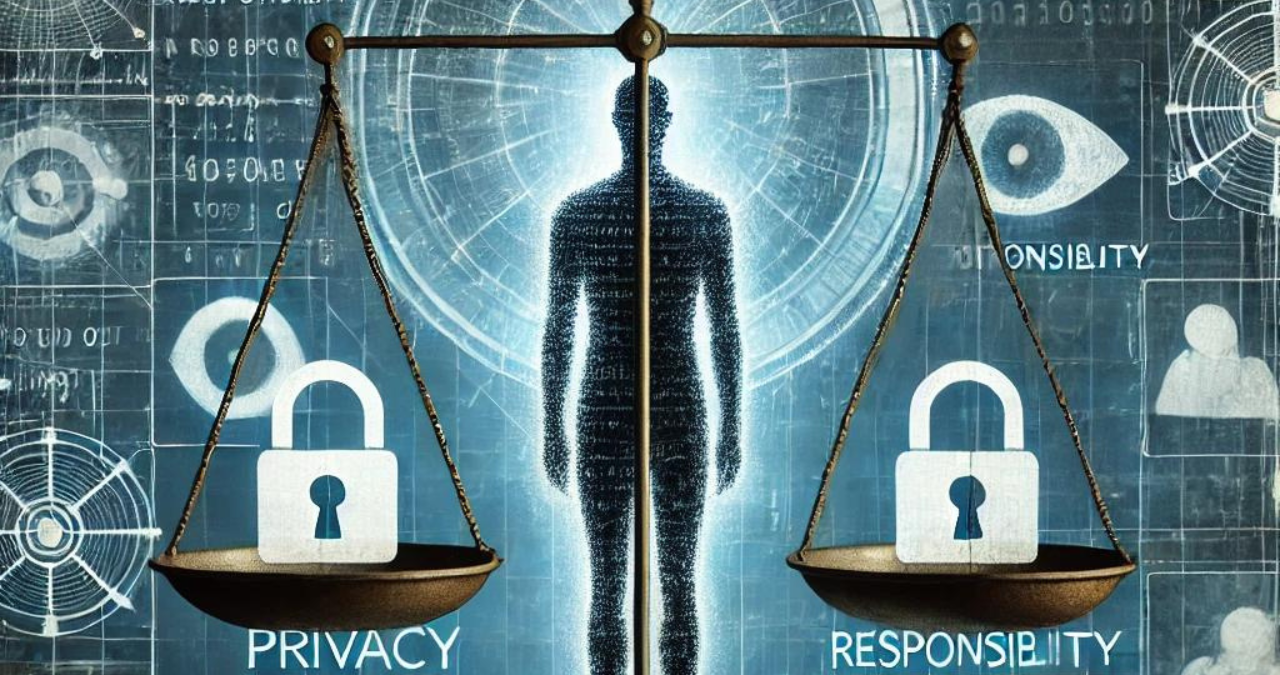Introduction
In today’s digital world, the concept of anonymity is both celebrated and criticized. bl_faceless the rise of online communities, social media platforms, and decentralized technologies, many users now seek ways to protect their identities. One such trend that has emerged is bl_faceless. This term reflects the growing number of individuals who remain faceless or anonymous online, valuing their privacy above all. However, with anonymity comes a spectrum of ethical challenges. The balance between protecting one’s privacy and maintaining accountability is delicate, often leading to complex discussions on responsibility in the digital era.
This article will delve deep into bl_faceless, exploring its significance, the ethical implications of anonymity, and how individuals and platforms can balance privacy with responsibility.
What is bl_faceless?
bl_faceless refers to intentionally choosing to remain anonymous or not reveal one’s face in digital spaces. This trend has gained momentum with platforms allowing users to engage without needing a visible identity, such as forums, gaming platforms, and even social media apps. With advancements in artificial intelligence, augmented reality, and blockchain, anonymity has become more accessible.
The phenomenon of being faceless online often stems from concerns about privacy, identity theft, harassment, or simply the desire to separate one’s personal life from one’s digital persona. For many, the faceless trend represents freedom from scrutiny and judgment, allowing individuals to express themselves freely. However, this freedom also brings the challenge of misuse, where anonymity can be abused to evade responsibility.
The Ethics of Anonymity
Anonymity online offers several advantages, such as:
- Privacy Protection: Many people use anonymity to safeguard their personal information. With cybercrime on the rise, the desire to shield sensitive data is understandable. Users concerned about data leaks, identity theft, or surveillance find comfort in anonymity.
- Freedom of Speech: Anonymous platforms often become the breeding ground for open discussion. People feel liberated to voice opinions they might not express publicly due to fear of judgment or backlash.
- Protection from Harassment: For marginalized groups or those at risk of cyberbullying, anonymity offers a layer of protection. People facing discrimination or abuse may find solace in platforms that allow them to engage without revealing personal details.
However, the ethics of anonymity become complicated when it is misused for harmful purposes:
- Harassment and Abuse: The same anonymity that protects can also encourage some users to engage in abusive behavior. Trolls, cyberbullies, and harassers often exploit anonymous platforms to spread hate, misinformation, or defamation without facing the consequences.
- Misinformation and Fake News: Anonymous accounts can spread false information rapidly, causing harm to individuals, organizations, and even governments. The lack of accountability makes it easier to trace the source of such content.
- Evasion of Responsibility: Anonymity allows individuals to avoid being held accountable for their actions, whether engaging in illegal activities, inciting violence, or defaming others.
Balancing Privacy and Responsibility
The ethical dilemma posed by bl_faceless lies in the tension between privacy and accountability. While the right to privacy is fundamental, it must be balanced with the need for responsibility in online spaces. Here are several considerations to ensure that the line between privacy and responsibility is respected:
- Platform Accountability: Online platforms play a critical role in managing anonymity. They must strike a balance between protecting user privacy and preventing misuse. Implementing robust reporting systems and content moderation can reduce abuse while maintaining anonymity.
- Anonymity with Verification: Some platforms offer a middle ground by allowing anonymous interactions while requiring identity verification. This ensures that users can be held accountable in misconduct cases while still allowing them to maintain their anonymity.
- Education on Digital Responsibility: Users should be educated about the consequences of their online actions. Promoting responsible online behavior, especially in anonymous spaces, can mitigate the misuse of anonymity.
- Regulations and Legal Frameworks: Governments and regulatory bodies can implement frameworks that protect privacy and accountability. For instance, laws that target online harassment or misinformation should extend to anonymous users while still respecting the right to privacy.
- Self-Regulation by Users: The onus is on individuals to self-regulate their behavior. Just because anonymity exists doesn’t mean it should be exploited. Users must understand the ethical implications of their actions and practice digital citizenship.
The Future of bl_faceless
The balance between privacy and responsibility will become even more critical as technology evolves. Emerging technologies like blockchain offer the potential for decentralized and anonymous systems resistant to censorship, which raises new ethical concerns. The rise of bl_faceless indicates a broader shift towards greater privacy in the digital realm, but it also serves as a reminder that anonymity is a double-edged sword.
Platforms, governments, and users must collaborate to establish guidelines that respect privacy while ensuring that online spaces remain safe and accountable. As the bl_faceless trend continues, the ethical debate surrounding anonymity will only intensify, forcing us to reconsider how we engage with digital privacy and responsibility.
Conclusion
bl_faceless encapsulates the growing demand for privacy in the digital world, where users increasingly choose to protect their identities. However, this anonymity brings ethical dilemmas, as it can empower and enable misuse. Balancing the right to privacy with the need for responsibility is crucial to ensuring a safe and respectful digital environment. Online platforms, regulatory bodies, and users must work together to create spaces where privacy is protected without compromising accountability.
As the bl_faceless trend evolves, ethics will continue to shape the Future of digital interactions. Anonymity can be a force for good, but only if used responsibly.
Frequently Asked Questions (FAQs)
- What is the meaning of bl_faceless?
- bl_faceless means maintaining anonymity online, particularly by avoiding using real names, images, or identifying information in digital spaces. It is often associated with the growing demand for privacy and protection online.
- What are the ethical concerns surrounding anonymity online?
- While anonymity can protect privacy and enable free speech, it also raises ethical concerns, such as the spread of misinformation, online harassment, and the evasion of accountability. These issues often arise when anonymity is used for harmful purposes.
- How can online platforms balance user privacy with accountability?
- Online platforms can strike a balance by implementing robust moderation systems, requiring identity verification in certain situations, and promoting digital responsibility. These measures allow users to maintain privacy while ensuring that harmful behaviours can be addressed.
- Can anonymity lead to legal consequences?
- Yes, even anonymous users can face legal consequences if their actions violate laws, such as those against harassment, defamation, or spreading misinformation. Some legal frameworks require platforms to provide user information in cases of criminal activity.
- Why do people choose to remain anonymous online?
- People often choose anonymity for privacy, protection from harassment, and the freedom to express opinions without fear of judgment or backlash. Anonymity allows individuals to separate their identity from their digital interactions.
You May Also Read: https://usaredmagazine.com/cronviter/




